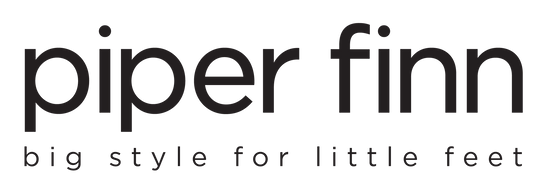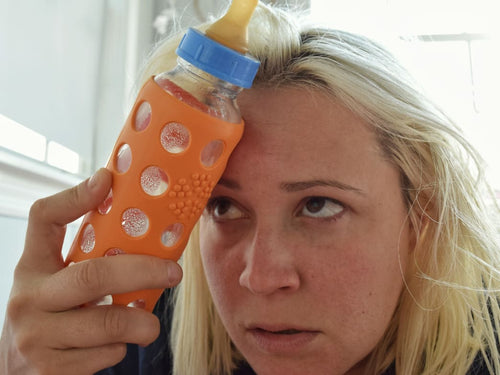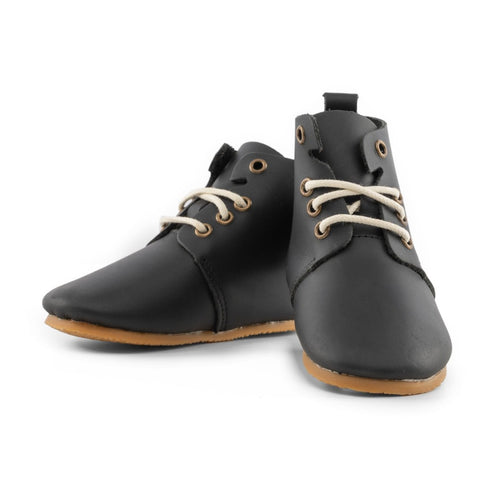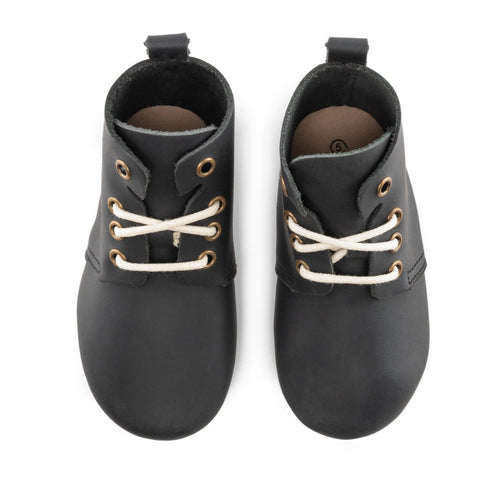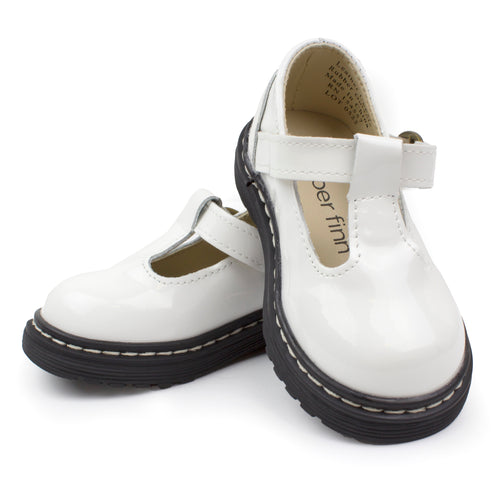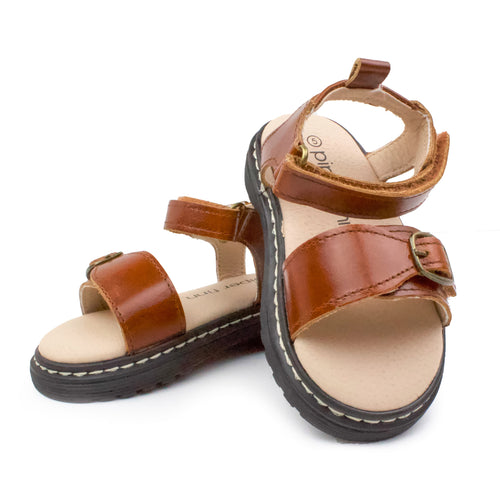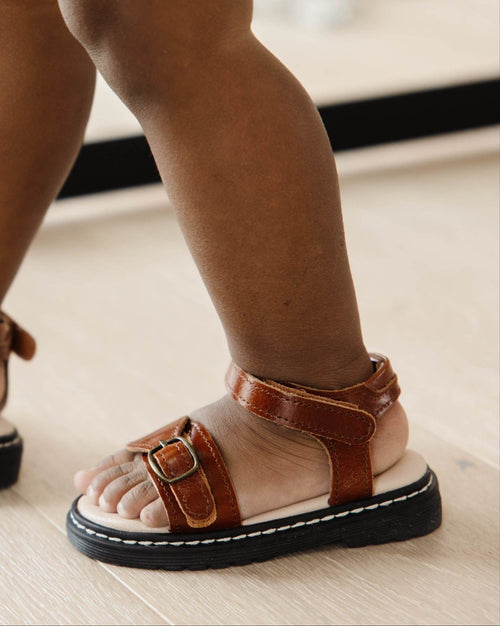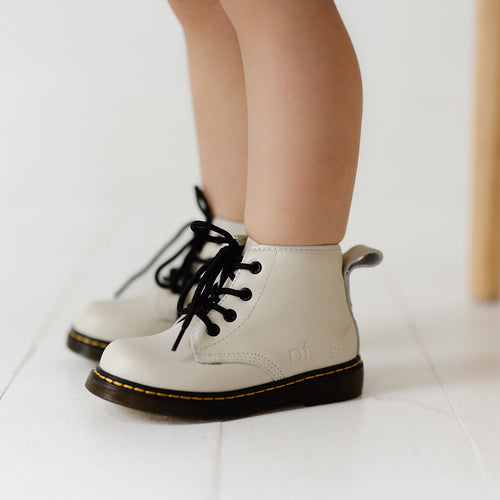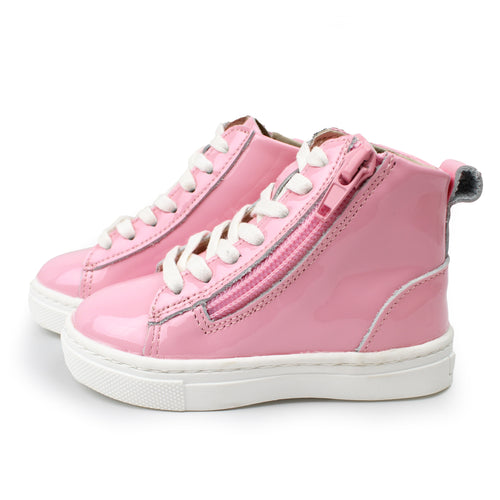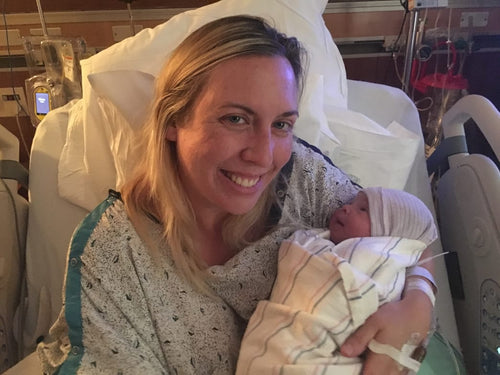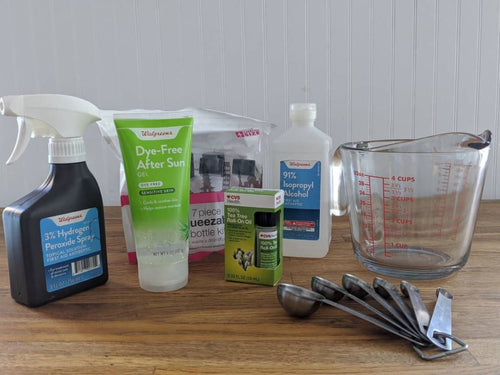What The Big Letdown gets wrong about low breastfeeding rates.
When I was pregnant, I signed up for a breastfeeding seminar at my hospital. I’ll never forget how the lactation consultant leading the class replied to a mom who asked, “How soon can I start pumping so my husband can handle the night feedings?”
“Your baby is the best breast pump available. Don’t rush into pumping,” she answered with a beatific smile.
I wasn’t even a mother yet, and this struck me as a bunch of patronizing baloney.
Sure, her advice is technically true in most cases, but it ignores the difficult reality for many moms in the U.S. who return to work just weeks (or even days) after giving birth.
The incident was on my mind as I read journalist Kimberly Seals Allers’ fascinating breastfeeding manifesto, The Big Letdown: How Medicine, Big Business and Feminism Undermine Breastfeeding.
As the title makes clear, Allers is a big fan of breastfeeding and not a big fan of impediments to its success, which by her estimation include clueless pediatricians, the dairy industry, out-of-touch celebrities, unsupportive lawmakers, depression medications and breastfeeding zealots, just to name a few. Her biggest beef is with the formula industry (and the politicians and universities who help it thrive), but she also blames low breastfeeding rates on another easy target: Feminists.
Her case against feminism rests on the notion that “by looking to be equal to men, we forgot to fight for the things that make us uniquely women—like our ability to birth, lactate and produce food for our young.” It’s a fair point, given today’s abysmal protections for working mothers. (No paid maternity leave or sick days, and poor workplace protections for pregnant workers.)
And if the book had been released in the 1970s, it may have been a relevant one.
But in 2017, I can’t think of a single feminist organization that doesn’t speak up for working moms. Allers’ top suggestion for boosting breastfeeding rates? The U.S. must implement paid family leave policies. Well, the National Organization for Women lobbied for the Family and Medical Insurance Leave Act, a federal bill that would have provided paid leave to new moms and dads. So did The National Women’s Law Center and National Partnership for Women & Families. In fact, it’s due in part to the work of these organizations that the Affordable Care Act gives working women crucial protections for breast-pumping at work.
To forget these efforts is a glaring oversight in an otherwise meticulously researched book. Allers provides chapters and chapters of evidence pointing to the formula industry’s aggressive marketing tactics and its overly cozy relationships with lawmakers, hospitals, universities and pediatricians. She also provides an illuminating look at how doctors are terribly ill-equipped to solve breastfeeding challenges. “Lactation holds the dubious distinction of being the only bodily function for which modern medicine has virtually no training or knowledge,” she astutely observes.
But these very valid points are undermined by her unnecessary finger-pointing at feminism, which feels more like a tactic to spur book sales rather than an honest assessment of how the movement actually deterred breastfeeding. (It’s worth noting that this chapter provides no numbers that actually tie the rise of feminism to a decline in breastfeeding rates.)
“Mothers will be better served when feminism as a movement accepts that breastfeeding is not a ‘choice.’ Breastfeeding is a reproductive right,” she states. “Keeping breastfeeding as a private choice rather than a public health issue hampers momentum.”
It’s a nice sentiment, but, like the advice from the lactation consultant, it’s a notion that’s totally divorced from the reality most working moms face. For moms who work in factories or in the retail sector, for example, formula-feeding is no choice at all, but a necessity. To frame breastfeeding as a matter of “public health” is to pile another heap of guilt on moms who can’t make it work, for one reason or another.
I’m all with Allers that we need paid family leave, but until that day, I’m not going to give stressed working moms a lecture about how they’re striking a “fatal blow to the health and wellness of future generations,” by forgoing breastfeeding.
By doing so, Allers fall victim to the same zealotry she decries later in the book. And by deriding feminists, she loses the very allies she needs most.
Written by Audrey Goodson Kingo for Working Mother and legally licensed through the Matcha publisher network. Please direct all licensing questions to legal@getmatcha.com.
